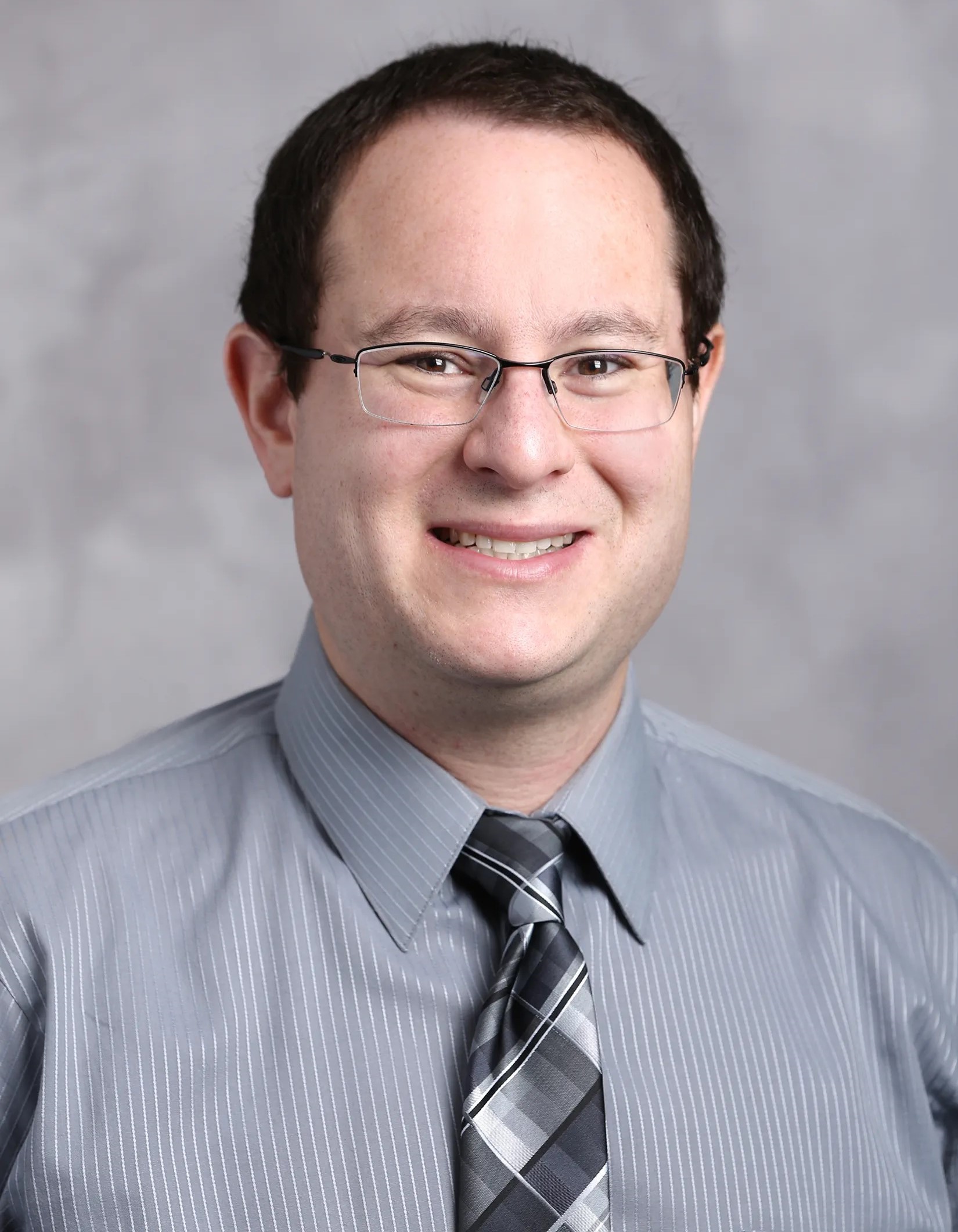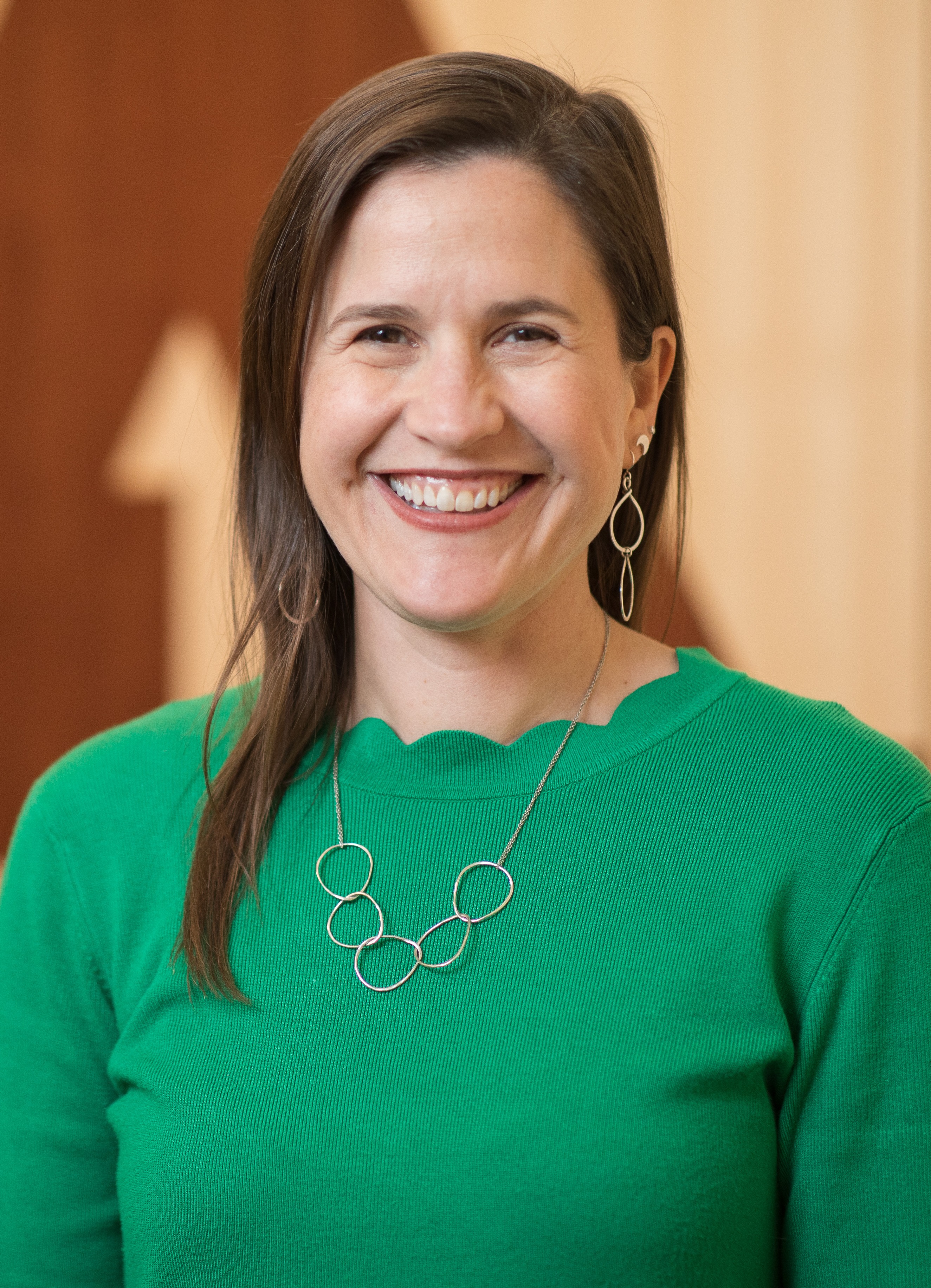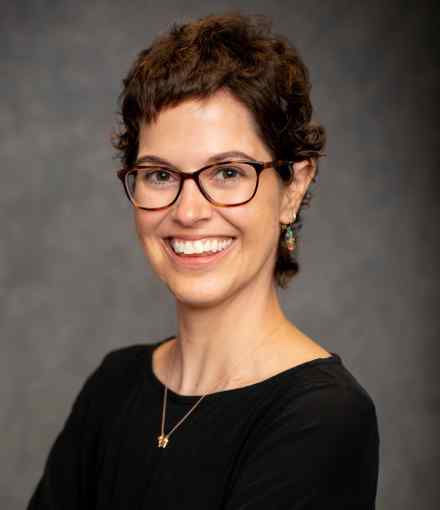Meet Our Faculty
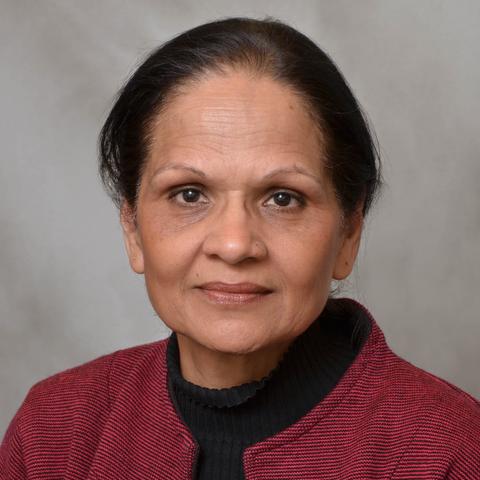
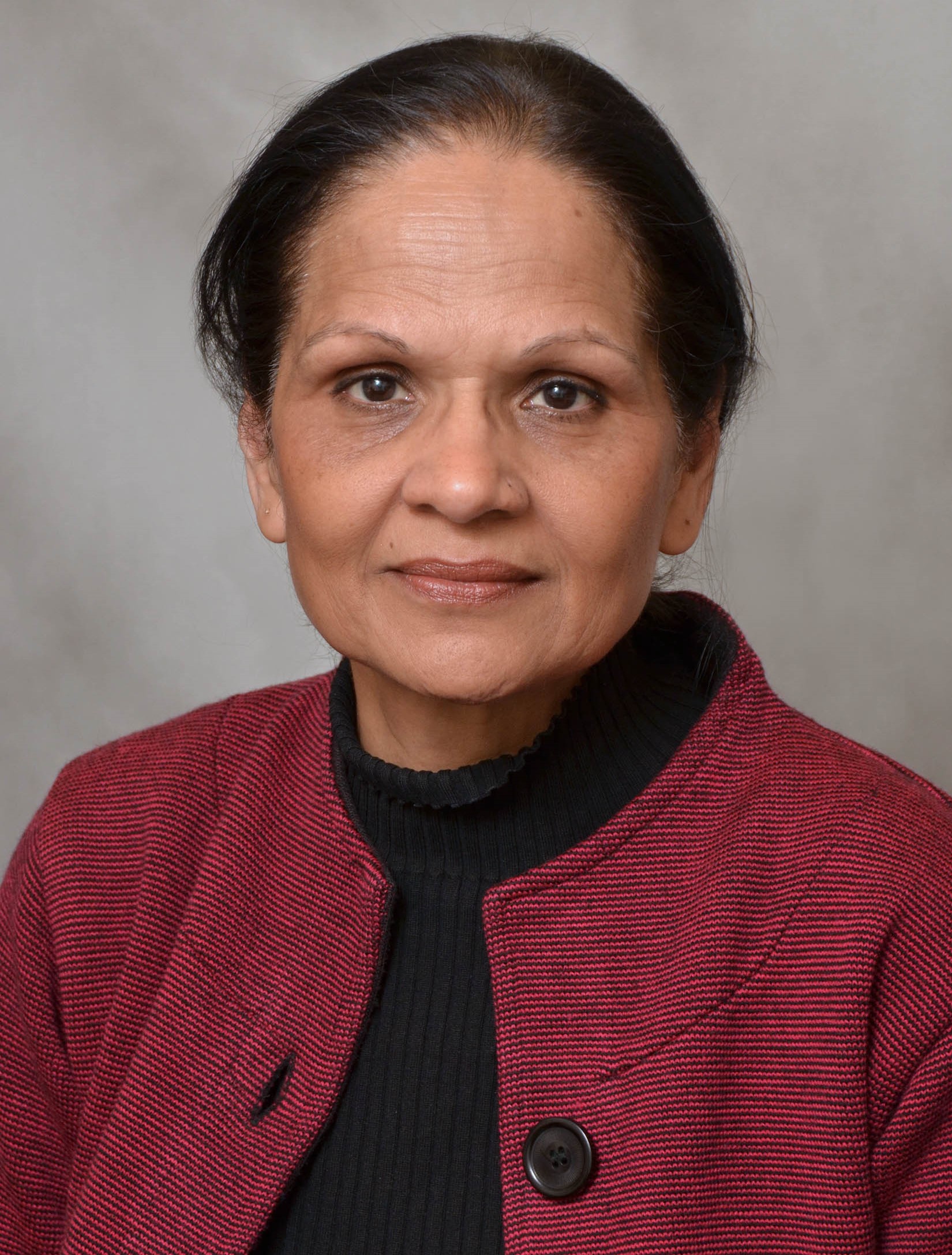
Bio
Indu Agarwal, MD, is a Professor of Pediatrics in the Division of Neonatology. She received her medical and post-doctoral degrees in OB/Gyn at King George's Medical College; Lucknow, India. She completed residencies in both OB/Gyn and Pediatrics in Lucknow, India; Philadelphia, PA; and Lubbock, TX. She completed a fellowship in neonatal-perinatal medicine at Texas Tech University and Lubbock General Hospital.
Dr. Agarwal is board-certified in Pediatrics and neonatal-perinatal medicine. She sees patients in the NICU at the University of Minnesota Masonic Children's Hospital and the Special Care Nurseries at Fairview Ridges and Fairview Southdale. Her areas of research interest include perinatal nutrition and public health issues that impact NICU graduates.
Education
Fellowships, Residencies, and Visiting Engagements
Licensures and Certifications
Contact
Address
Pediatric NeonatologyAcademic Office Building
2450 Riverside Ave S AO-401
Minneapolis, MN 55454


Education
Fellowships, Residencies, and Visiting Engagements
Honors and Recognition
Contact
Address
Pediatric Genetics & MetabolsimRiverside Professional Building
606 24th Ave. S, Suite 500
Minneapolis, MN 55454
Administrative Contact
Denise Fogel
Administrative Phone: 612-624-5965
Administrative Email: fogel033@umn.edu
Administrative Fax Number: 612-626-2993
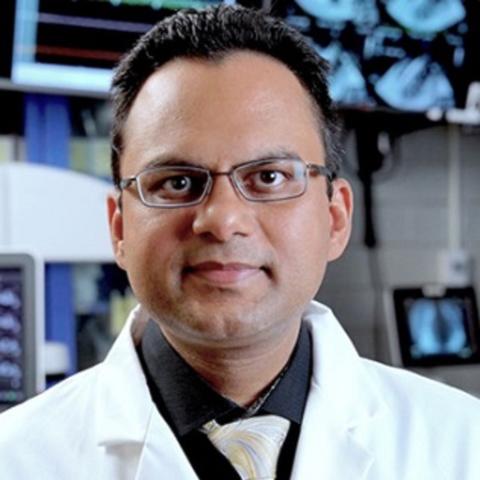
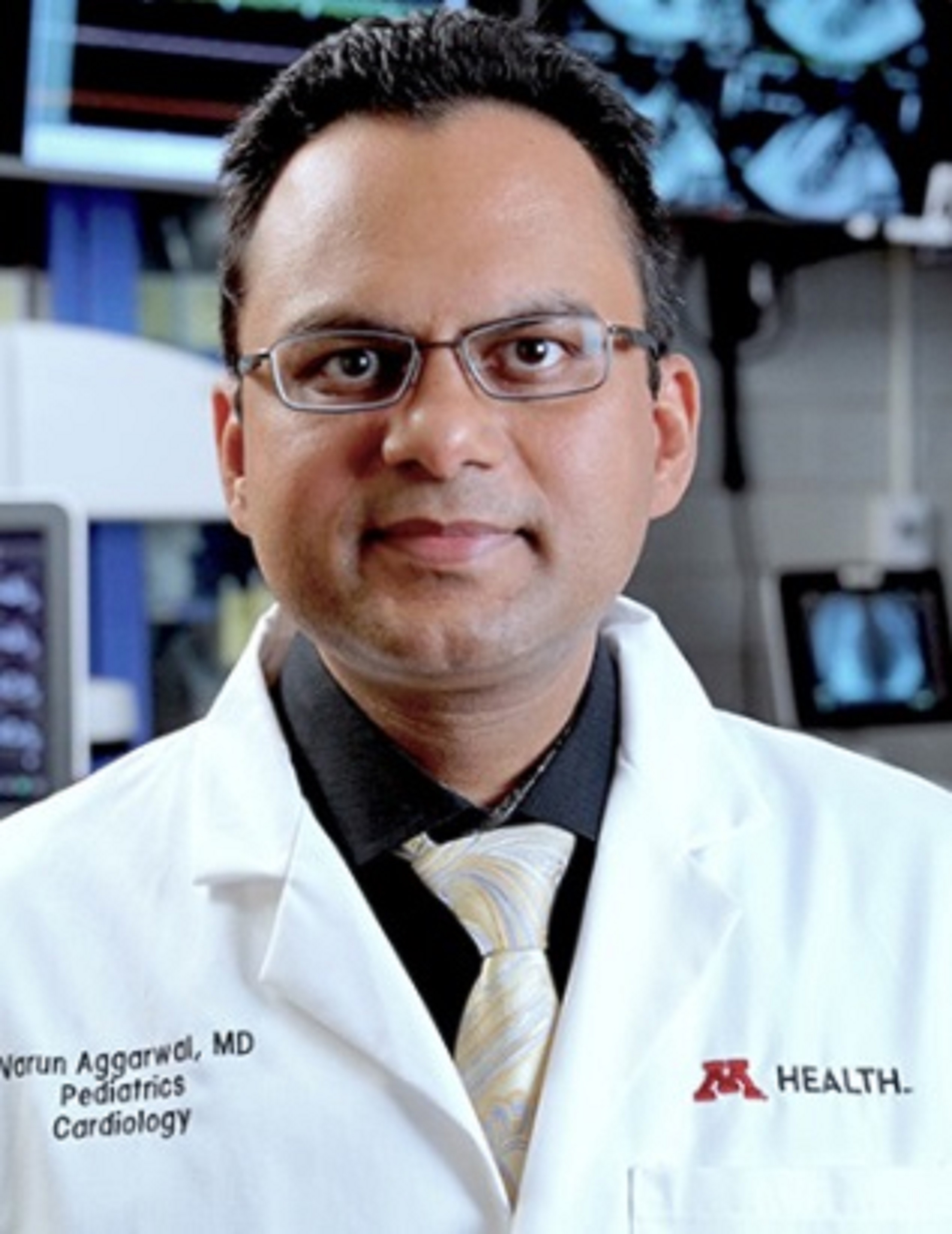
Bio
Varun Aggarwal is a compassionate physician, researcher, and educator dedicated to transforming the landscape of congenital cardiovascular care for children and adults. As an Associate Professor at the University of Minnesota Medical School, Dr. Aggarwal brings a fervent commitment to improving the lives of individuals with congenital heart disease.
At the heart of his practice is a pioneering focus on minimally invasive transcatheter treatment options tailored specifically for those with congenital heart conditions. Dr. Aggarwal specializes in cutting-edge techniques that offer hope and healing to patients facing complex cardiac challenges from birth. His approach emphasizes precision and effectiveness, while minimizing the impact on delicate bodies, ensuring a brighter, healthier future for his patients.
Beyond the clinic, Dr. Aggarwal is a driving force in cardiovascular research, relentlessly pursuing advancements in congenital cardiac interventions. His work has been instrumental in refining minimally invasive therapies, pushing boundaries to deliver groundbreaking solutions that enhance the quality of life for individuals and their families. Dr. Aggarwal has more than 70 peer reviewed publications and has earned various awards at national and international level for his research.
Dr. Aggarwal's dedication extends to education, where he mentors the next generation of healthcare providers, instilling in them the values of empathy, innovation, and excellence. Through his leadership and collaboration, he empowers others to join the mission of revolutionizing congenital cardiovascular care.
Dr. Aggarwal also serves as the President and Editor-in-chief for The Congenital heart International Professionals (CHiP) Network (thechipnetwork.org), is the founding fellow of the Pediatric and congenital Interventional Cardiovascular Society (PICS). He serves on the editorial board of the Journal of Society of Cardiovascular Angiography and Interventions (JSCAI), Indian Pediatrics-Case reports, Frontiers in Nutrition, American Academy of Pediatrics PREP cardiology,
With boundless compassion and unwavering determination, Dr. Varun Aggarwal embodies the hope and healing that defines the future of congenital heart disease.
Education
Fellowships, Residencies, and Visiting Engagements
Licensures and Certifications
Honors and Recognition
Contact
Address
Pediatric CardiologyAcademic Office Building
2450 Riverside Ave S AO-401
Minneapolis, MN 55454
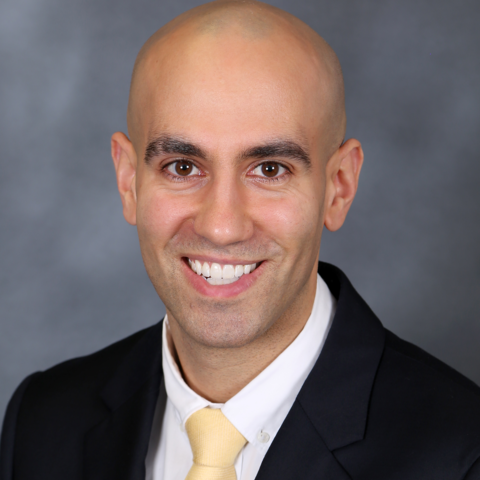
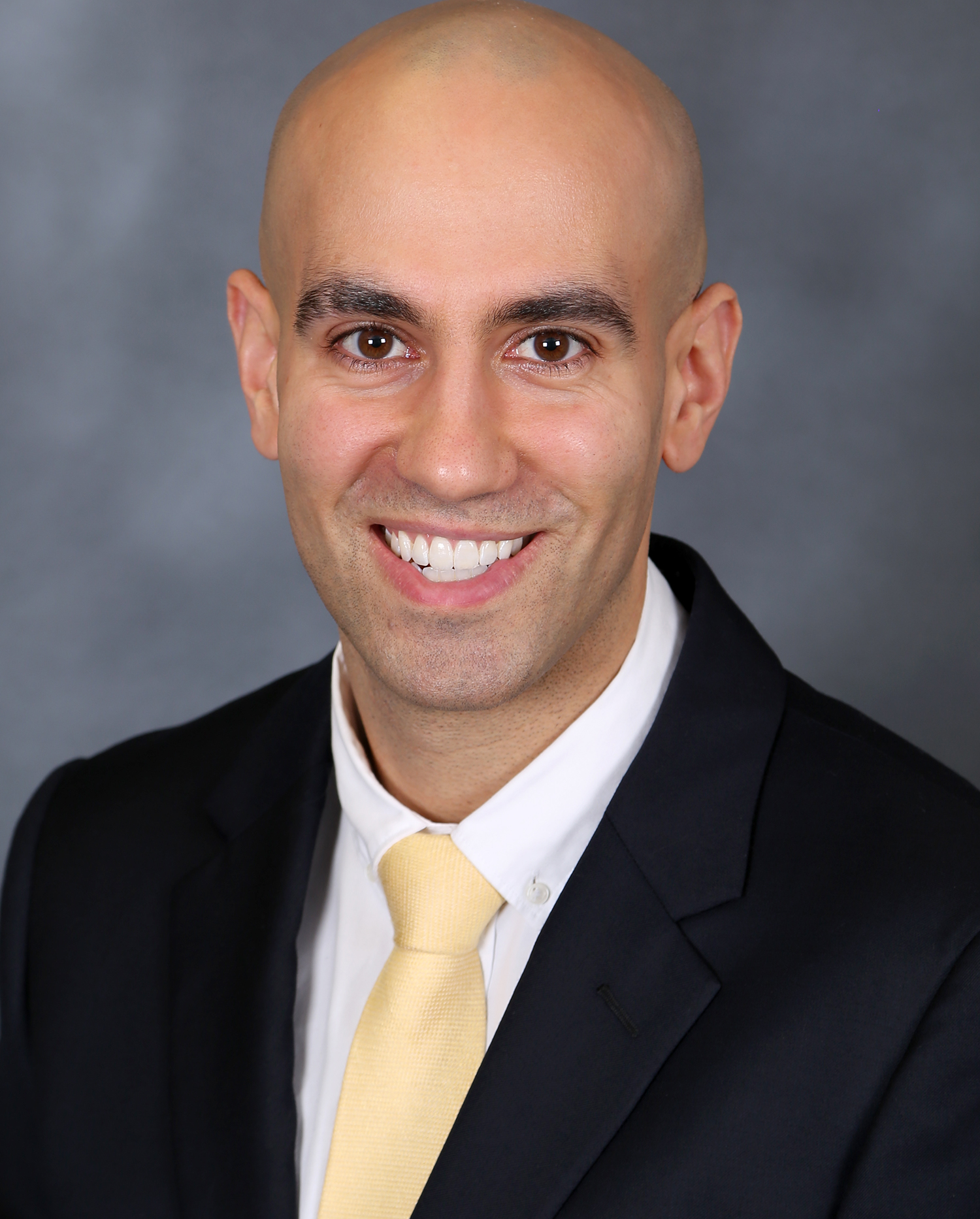
Bio
Benjamin al-Haddad holds a master’s degree in Health Policy, Planning and Finance from the London School of Hygiene & Tropical Medicine and the London School of Economics and Political Science. He attended the University of Minnesota for Medical School and completed a PhD in Epidemiology in the School of Public Health studying Cancer Surveillance in Nigeria. He received training in Pediatrics and in Neonatal-Perinatal Medicine at the University of Washington & Seattle Children's Hospital.
His work focuses on early detection of disability in neonates, novel methods in epidemiology, application of Bayesian statistics and long-term neurodevelopmental and psychiatric outcomes of in-utero and early life exposures.
Education
Fellowships, Residencies, and Visiting Engagements
Contact
Address
Pediatric NeonatologyAcademic Office Building
2450 Riverside Ave S AO-401
Minneapolis, MN 55454

Education
Fellowships, Residencies, and Visiting Engagements
Contact
Address
Pediatric EndocrinologyAcademic Office Building
2450 Riverside Ave S AO-201
Minneapolis, MN 55454
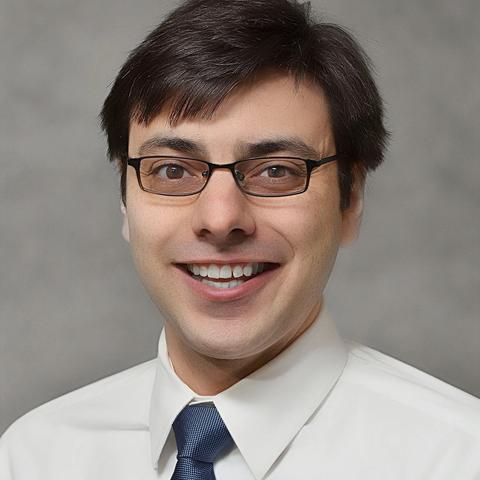
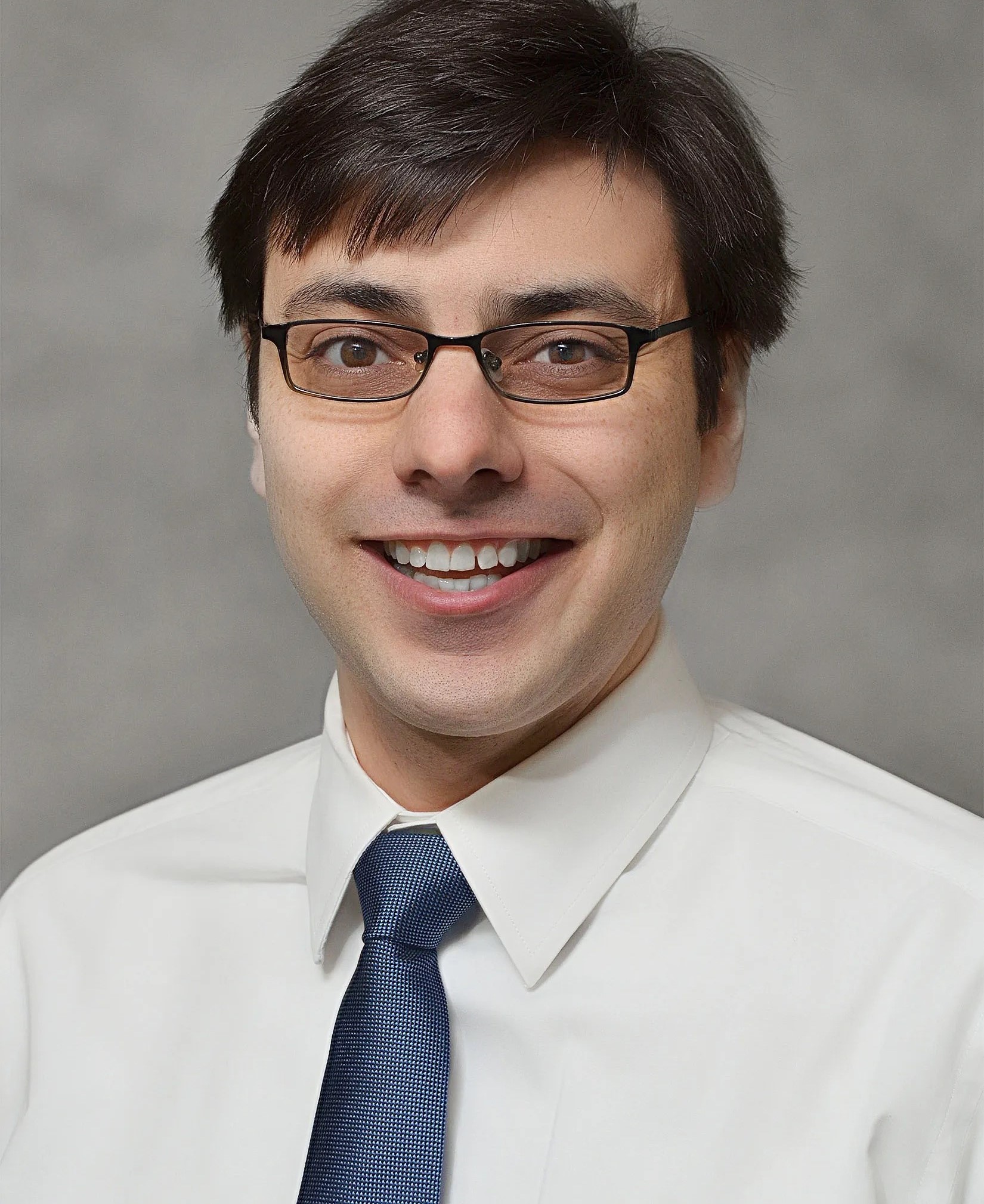
Education
Fellowships, Residencies, and Visiting Engagements
Licensures and Certifications
Honors and Recognition
Contact
Address
Pediatric CardiologyAcademic Office Building
2450 Riverside Ave S AO-401
Minneapolis, MN 55454


Education
Fellowships, Residencies, and Visiting Engagements
Licensures and Certifications
Contact
Address
Pediatric Emergency MedicineAcademic Office Building
2450 Riverside Ave S AO-301
Minneapolis, MN 55454
Administrative Contact
Cathy Centola
Administrative Phone: 612-625-6678
Administrative Email: kreme002@umn.edu
Administrative Fax Number: 612-626-1144


Bio
Dr. Andrews (she/they) is an Assistant Professor of Pediatrics in the Division of Pediatric Infectious Diseases and Immunology at the University of Minnesota who cares for patients at University of Minnesota Masonic Children's Hospital. Dr. Andrews specializes in caring for children with complex infections and immune systems. Her research focuses on optimizing antimicrobial use, particularly in patients with immunocompromise, and educating future medical providers in the best use of antimicrobials.
Education
Fellowships, Residencies, and Visiting Engagements
Licensures and Certifications
Honors and Recognition
Contact
Address
Pediatric Infectious DiseasesAcademic Office Building
2450 Riverside Ave S AO-103
Minneapolis, MN 55454
Administrative Contact
Sandra Streff
Administrative Phone: 612-626-5637

Education
Fellowships, Residencies, and Visiting Engagements
Contact
Address
Pediatric Emergency MedicineAcademic Office Building
2450 Riverside Ave S AO-301
Minneapolis, MN 55454
Administrative Contact
Cathy Centola
Administrative Phone: 612-625-6678
Administrative Email: kreme002@umn.edu
Administrative Fax Number: 612-626-1144

Education
Fellowships, Residencies, and Visiting Engagements
Licensures and Certifications
Contact
Address
Pediatric Emergency MedicineAcademic Office Building
2450 Riverside Ave S AO-301
Minneapolis, MN 55454
Administrative Contact
Cathy Centola
Administrative Phone: 612-625-6678
Administrative Email: kreme002@umn.edu
Administrative Fax Number: 612-626-1144


Research Summary
Dr. Balani's current clinical research focus is in pediatric kidney transplantation, particularly in improving quality of care provided and improving outcomes.
Education
Fellowships, Residencies, and Visiting Engagements
Licensures and Certifications
Contact
Address
Pediatric NephrologyAcademic Office Building
2450 Riverside Ave S AO-201
Minneapolis, MN 55454


Bio
Andrew (Andy) Barnes, MD, MPH is an Associate Professor of Pediatrics at the University of Minnesota Medical School, where he directs the fellowship program in Developmental-Behavioral Pediatrics.
Dr. Barnes's clinical work with children and families focuses on helping children gain mastery of their own mind-body interactions. Some of the ways that he helps children become more competent in this regard includes teaching them how to use biofeedback, mindfulness, and self-hypnosis to help themselves better regulate their own thoughts, feelings, and actions.
Dr. Barnes's research focuses on promoting resilience in children under stress, and on the interplay between behavior and biology. His current work focuses on the health and self-regulation of children growing up in homeless families.
Dr. Barnes also enjoys teaching pediatric trainees about self-regulation and the fundamentals of early child development and behavior, and helps direct professional trainings in pediatric clinical hypnosis. He frequently presents and teaches on these topics at local and national symposia and conferences.
Clinical Summary
Clinical hypnosis; Biofeedback; Mind-body medicine; Behavioral pediatrics
Education
Fellowships, Residencies, and Visiting Engagements
Licensures and Certifications
Honors and Recognition
Selected Publications
Contact
Address
Clinical Behavioral Neuroscience2025 E. River Parkway
7962A
Minneapolis, MN 55414


Bio
Dr. Bass is a Professor of Pediatrics. Dr. Bass received his MD degree from the University of Mississippi Medical School. He completed his residency in Pediatrics at the University of Mississippi in Jackson and his fellowship in Pediatric Cardiology at the University of Minnesota. He joined the faculty at the University of Minnesota in 1979. He is board certified in Pediatrics and Pediatric Cardiology.
Dr. Bass's clinical interests include interventional cardiology and echocardiography.
His research interest is in interventional cardiology. He participates in the development of the Amplatzer devices. These allow repair of heart lesions (patent ductus arteriosus, secundum atrial septal defects, patent foramen ovale, muscular and perimembranous ventricular septal defects) at cardiac catheterization instead of requiring cardiac surgery.
Clinical Summary
Echocardiography; Interventional cardiology; Kawasaki Disease
Education
Fellowships, Residencies, and Visiting Engagements
Licensures and Certifications
Honors and Recognition
Contact
Address
Pediatric CardiologyAcademic Office Building
2450 Riverside Ave S AO-401
Minneapolis, MN 55454
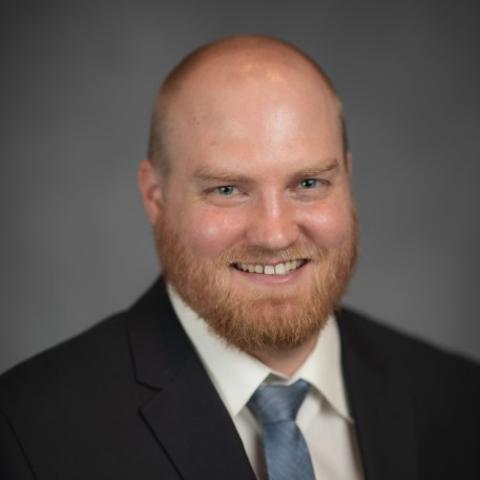
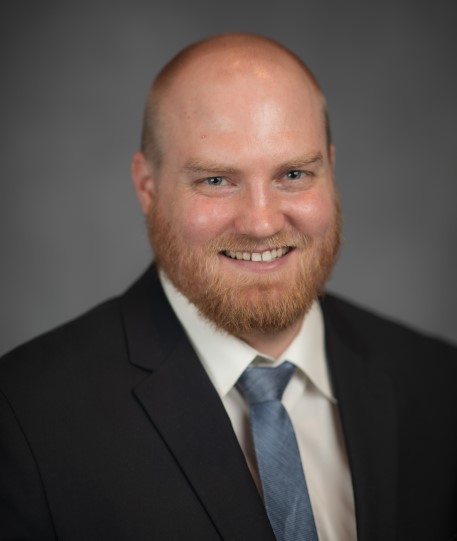
Bio
Thomas Bastian, PhD, is an Assistant Professor of Pediatrics in the Division of Neonatology. Dr. Bastian's research focuses on understanding the metabolic regulation of both normal and pathogenic brain development. His lab is particularly interested in the basic neurodevelopmental biology of micronutrients (e.g., iron, zinc, copper, etc) and how developing brain cells metabolically adapt to disruptions to nutrient perturbations. Dr. Bastian's research is currently funded by the National Institutes of Health and the Department of Pediatrics.
Research Summary
Research in the Bastian Lab focuses on uncovering the cellular/molecular mechanisms by which specific nutrients regulate brain development. We have a particular interest in metabolic interactions among micronutrients (e.g., iron, iodine, copper, and zinc) and metabolic regulators (e.g., thyroid hormone), which are directly involved in cellular energy metabolism in the developing brain. Our goal is to understand how these interactions contribute to proper brain development. We use primary neuron culture and in vivo transgenic approaches to manipulate cellular levels of micronutrients (and other metabolic pathways) in developing brain cells, allowing us to study interactions between cellular metabolic processes that are critical for neurodevelopment. This line of research is also clinically relevant as early-life micronutrient deficiencies are common and cause abnormal neurodevelopment in humans.
Currently, our main research focus is on how early-life iron deficiency and subsequent iron repletion alter mitochondrial energy metabolism in developing neurons and how this contributes to the neurobehavioral deficits that persist into adulthood. A second goal is to understand how intracellular iron storage and utilization is regulated in developing neurons.
Education
Fellowships, Residencies, and Visiting Engagements
Honors and Recognition
Contact
Address
NeonatologyAcademic Office Building
2450 Riverside Ave S AO-401
Minneapolis, MN 55454

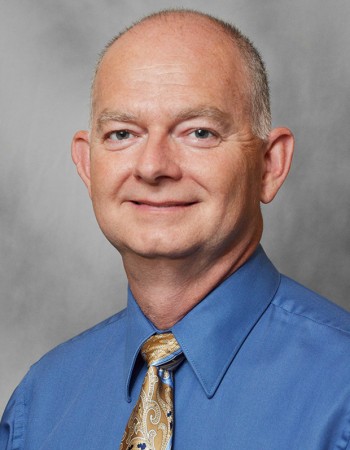
Education
Fellowships, Residencies, and Visiting Engagements
Contact
Address
Pediatric Hospital MedicineAcademic Office Building
2450 Riverside Ave S AO-301
Minneapolis, MN 55454
Administrative Contact
Cathy Centola
Administrative Phone: 612-625-6678
Administrative Email: kreme002@umn.edu
Administrative Fax Number: 612-626-1144
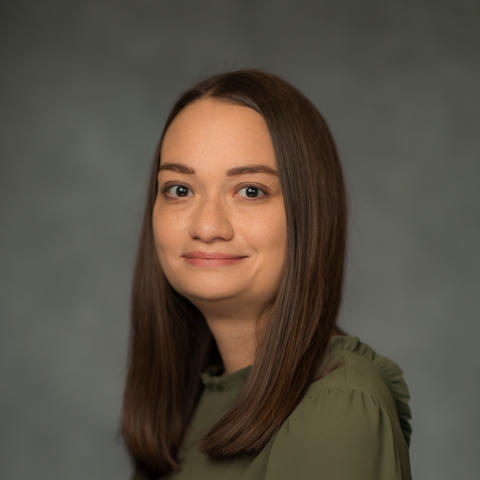
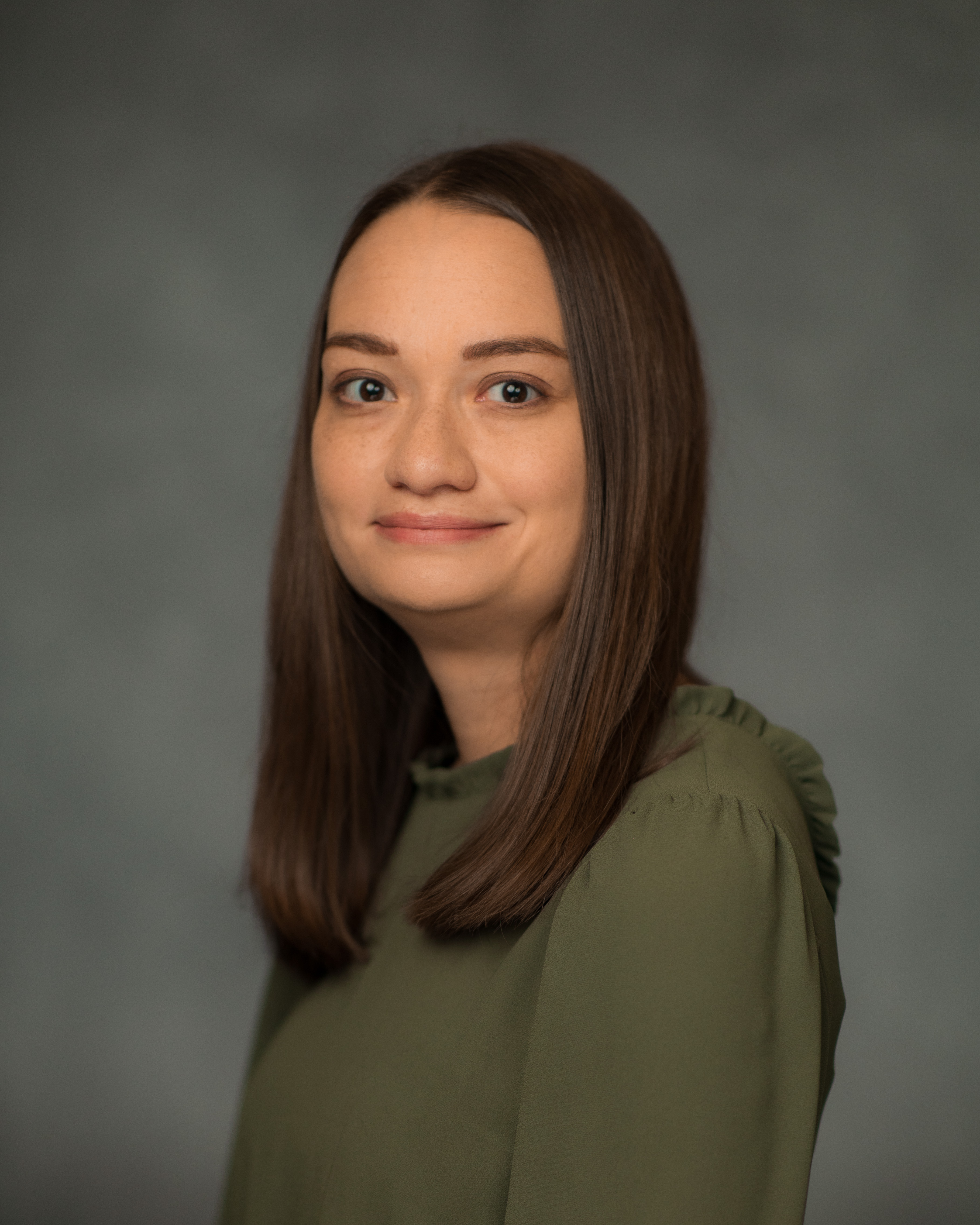
Education
Fellowships, Residencies, and Visiting Engagements
Licensures and Certifications
Honors and Recognition
Contact
Address
Pediatric Emergency MedicineAcademic Office Building
2450 Riverside Ave S AO-301
Minneapolis, MN 55454
Administrative Contact
Cathy Centola
Administrative Phone: 612-625-6678
Administrative Email: kreme002@umn.edu
Administrative Fax Number: 612-626-1144
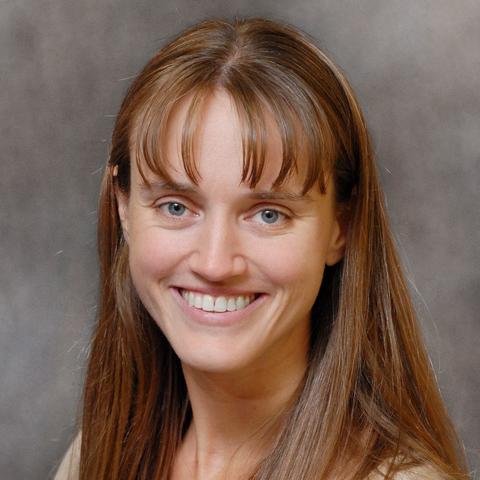
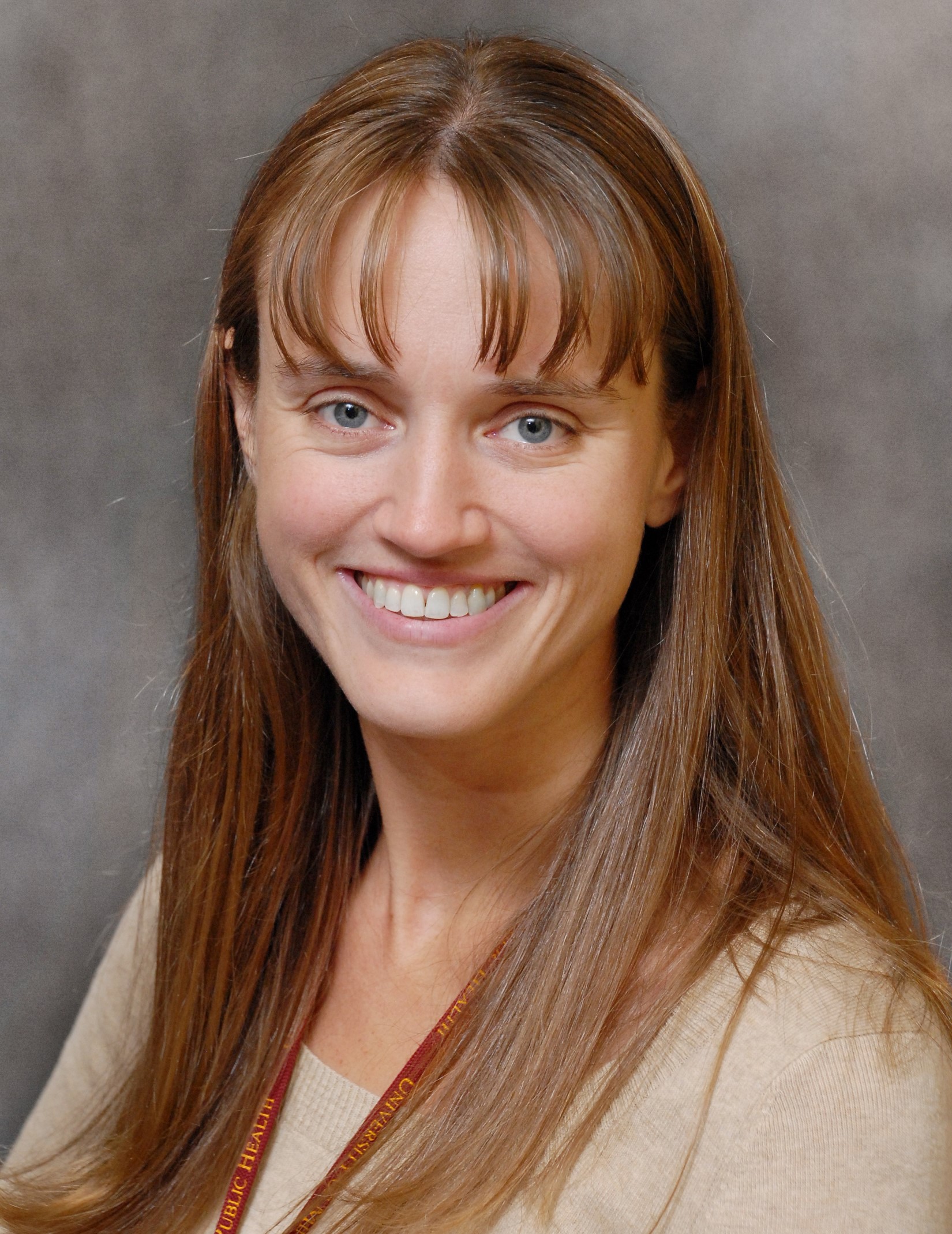
Bio
Dr. Bellin completed her pediatric residency and pediatric endocrine fellowship training at the University of Minnesota, and joined the faculty in 2009, with a joint appointment in Pediatrics and Surgery. Dr. Bellin's research focus is islet transplantation (transplantation of the insulin producing cells of the pancreas) for patients with type 1 diabetes mellitus and for patients who have their pancreas removed to treat severe chronic pancreatitis. She provides care for children with diabetes or general endocrine disorders at M Health Maple Grove Clinic and for islet transplant recipients at the University site.
Research Summary
Total Pancreatectomy Islet Auto Transplant, Chronic Pancreatitis
Clinical Summary
Chronic Pancreatitis, TPIAT, T1DM, General Endocrine
Education
Fellowships, Residencies, and Visiting Engagements
Licensures and Certifications
Honors and Recognition
Contact
Address
Pediatric EndocrinologyAcademic Office Building
2450 Riverside Ave S AO-201
Minneapolis, MN 55454


Bio
Catherine M. Bendel, MD, is an Associate Professor of Pediatrics in the Division of Neonatology. She earned her MD, served her internship and residency and completed her Neonatal-Perinatal Medicine Fellowship at the University of Minnesota. In addition to attending on the Neonatal Intensive Care Unit, Dr. Bendel serves as the Associate Program Director of the Neonatal-Perinatal Medicine Fellowship Program and as the department-wide lead fellowship director. Her early research interests included neonatal infectious diseases in general and the pathogenesis of infections with Candida albicans, in particular. She received two U.S. patents for Candida albicans integrin-like proteins. More recently she has focused on Fellow Education and Equity, Diversity & Inclusion efforts. She has published in Pediatric Research, Pediatrics, Journal of Pediatrics, Critical Care Medicine and Pediatric Infectious Disease and contributions to book chapters.
Clinical Summary
Neonatology; Neonatal Infectious Diseases; Equity, Diversity & Inclusion
Education
Fellowships, Residencies, and Visiting Engagements
Licensures and Certifications
Honors and Recognition
Contact
Address
Pediatric NeonatologyAcademic Office Building
2450 Riverside Ave S AO-401
Minneapolis, MN 55454
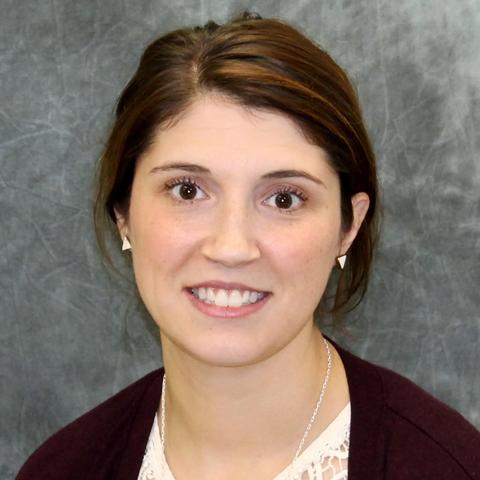
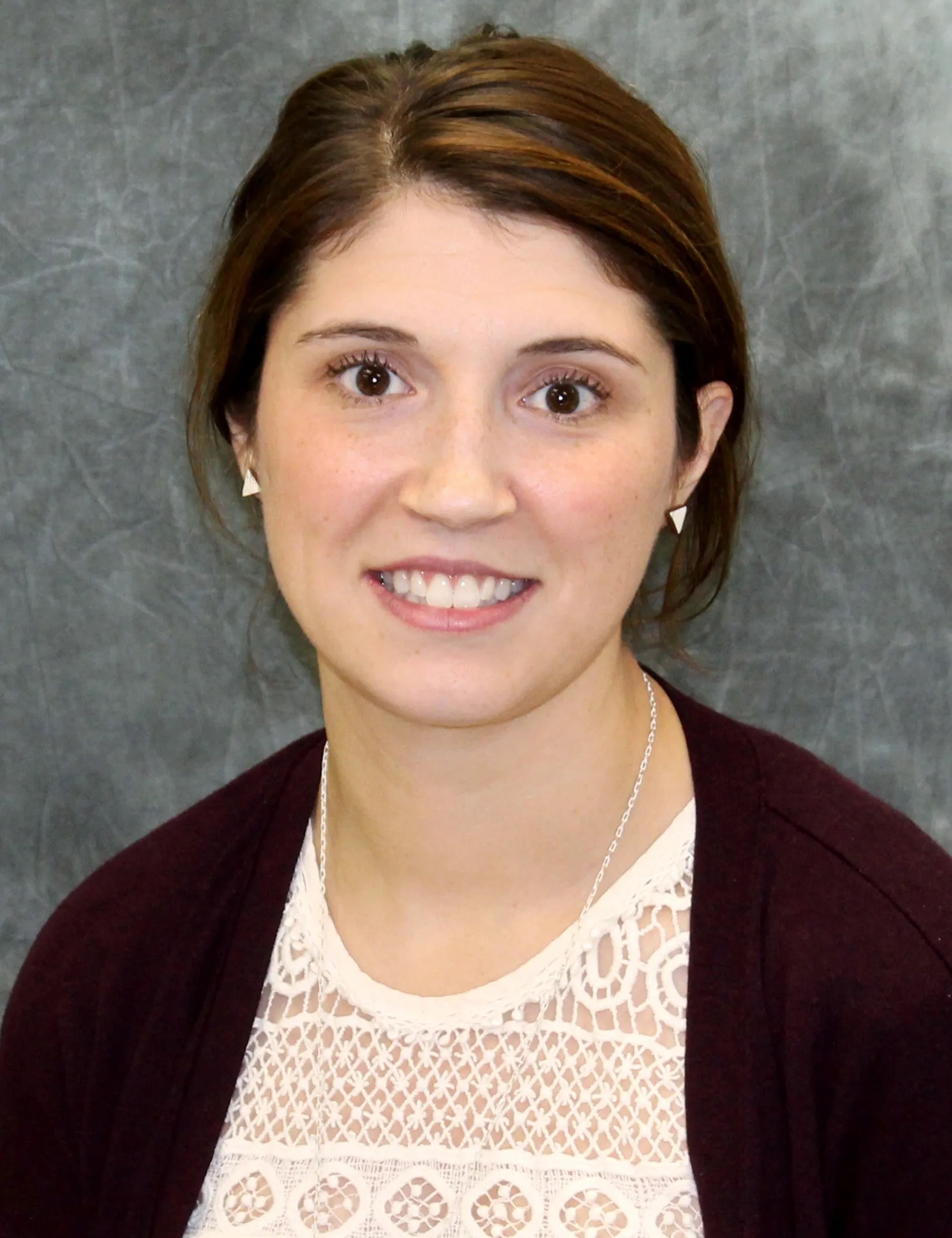
Bio
Dr. Megan Oberle Bensignor is an Assistant Professor in the Department of Pediatrics and in the Division of Endocrinology and Diabetes as well as a Core Faculty in the University of Minnesota Center for Pediatric Obesity Medicine. She is an obesity medicine specialist and a board-certified pediatric endocrinologist. Dr. Bensignor was selected as one of Mples/St. Paul Magazine's 2020 "Top Doctors: Rising Stars.
"Dr. Bensignor's area of research involves evaluating the effects of eating patterns on obesity risk and appetite, in addition to novel and effective treatments for youth with Type 2 Diabetes and obesity. Her clinical interest include youth with obesity, adolescents with Type 2 diabetes or insulin resistance, and children with hypoglycemia disorders.
Research Summary
Clinical Trials in Type 2 Diabetes and Obesity
Clinical Summary
Type 2 Diabetes, Weight Management, Hypoglycemia, General Endocrinology
Education
Fellowships, Residencies, and Visiting Engagements
Licensures and Certifications
Honors and Recognition
Contact
Address
Pediatric EndocrinologyAcademic Office Building
2450 Riverside Ave S AO-201
Minneapolis, MN 55454


Bio
Susan A. Berry, MD is a Professor for Genetics and Metabolism in the Department of Pediatrics at the University of Minnesota. She attended Rice University where she received her degree in Biochemistry and the University of Kansas for her Doctor of Medicine degree. She has been at the University of Minnesota since 1978 where she completed her residency in Pediatrics and was a fellow in Medical Genetics. She joined the staff of the Department in 1984 and is currently a Professor in the Departments of Pediatrics, Ophthalmology and Genetics, Cell Biology and Development. She is a member of the Minnesota Department of Health Newborn Screening Advisory Committee, of the Society for Inherited Metabolic Disease, of the American Society of Human Genetics and is a Fellow of the American Academy of Pediatrics and of the American College of Medical Genetics. She is board-certified by the American Board of Pediatrics and American Board of Medical Genetics.
As a nationally recognized geneticist and expert in inborn errors of metabolism, Dr. Berry sees both child and adult patients for genetic consultation at University of Minnesota Physicians Pediatric Specialty Clinic. She also attends the Pediatric and Adult Metabolic Clinics, providing care for children and adults with inborn errors of metabolism. She also offers her expertise for inpatient consultation and care. Dr. Berry's research focuses on long-term follow up for newborn-screened conditions.
Clinical Summary
Genetic diagnosis and consultation; Inborn errors of metabolism; Vascular anomalies
Education
Fellowships, Residencies, and Visiting Engagements
Licensures and Certifications
Honors and Recognition
Contact
Address
Pediatric Genetics & MetabolsimRiverside Professional Building
606 24th Ave. S, Suite 500
Minneapolis, MN 55454
Administrative Contact
Denise Fogel
Administrative Phone: 612-624-5965
Administrative Email: fogel033@umn.edu
Administrative Fax Number: 612-626-2993


Education
Fellowships, Residencies, and Visiting Engagements
Licensures and Certifications
Honors and Recognition
Contact
Address
Pediatric Emergency MedicineAcademic Office Building
2450 Riverside Ave S AO-301
Minneapolis, MN 55454

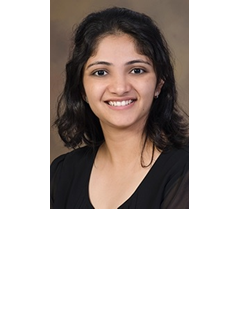
Research Summary
Autoimmune hepatitis, acute liver failure
Education
Fellowships, Residencies, and Visiting Engagements
Honors and Recognition
Languages
Contact
Address
Pediatric Gastroenterology, Hepatology & NutritionAcademic Office Building
2450 Riverside Ave S AO-201
Minneapolis, MN 55454

Bio
Craig J. Bierle, PhD, is an Assistant Professor in the Division of Pediatric Infectious Diseases and leads a research laboratory that studies how viral infection during pregnancy affects placental development and function.
Research Summary
Infection is a leading cause of pregnancy loss, premature birth, and intellectual disability in children. Viral infection of the placenta can have devastating consequences on intrauterine development, but ethical and technical barriers to studying human pregnancy have limited our understanding of how to prevent or treat these infections. The Bierle Lab draws on expertise in molecular virology, reproductive immunology, and placental biology to study the pathogenesis of cytomegalovirus and other significant causes of congenital infection. By combining cutting-edge models of trophoblast development, in vivo experimentation, and next-generation sequencing technologies, the group aims to understand how maternal infection at different times in pregnancy affects the placenta and developing offspring, using this information to develop immunomodulatory therapies or preventative vaccines.
External Research Support:
Trophoblast development and placental susceptibility to cytomegalovirus infection (NIH NICHD, R01HD109252, PI)
Microbial-induced maternal factors that influence fetal immune development (NIH NICHD, R01HD113192, Co-I)
Optimizing Immunity and Maternal Host Defense Against Congenital Cytomegalovirus Infection (NIH NICHD, R01HD098866, Co-I)
Defining the viral determinants of cytomegalovirus transplacental transmission (NIH NICHD, R21HD087496, PI)
Education
Fellowships, Residencies, and Visiting Engagements
Honors and Recognition
Contact
Address
Medicine/IDIMLRB/MTRF
2873C (Campus Delivery Code)
2001 6th St SE
Minneapolis, MN 55455

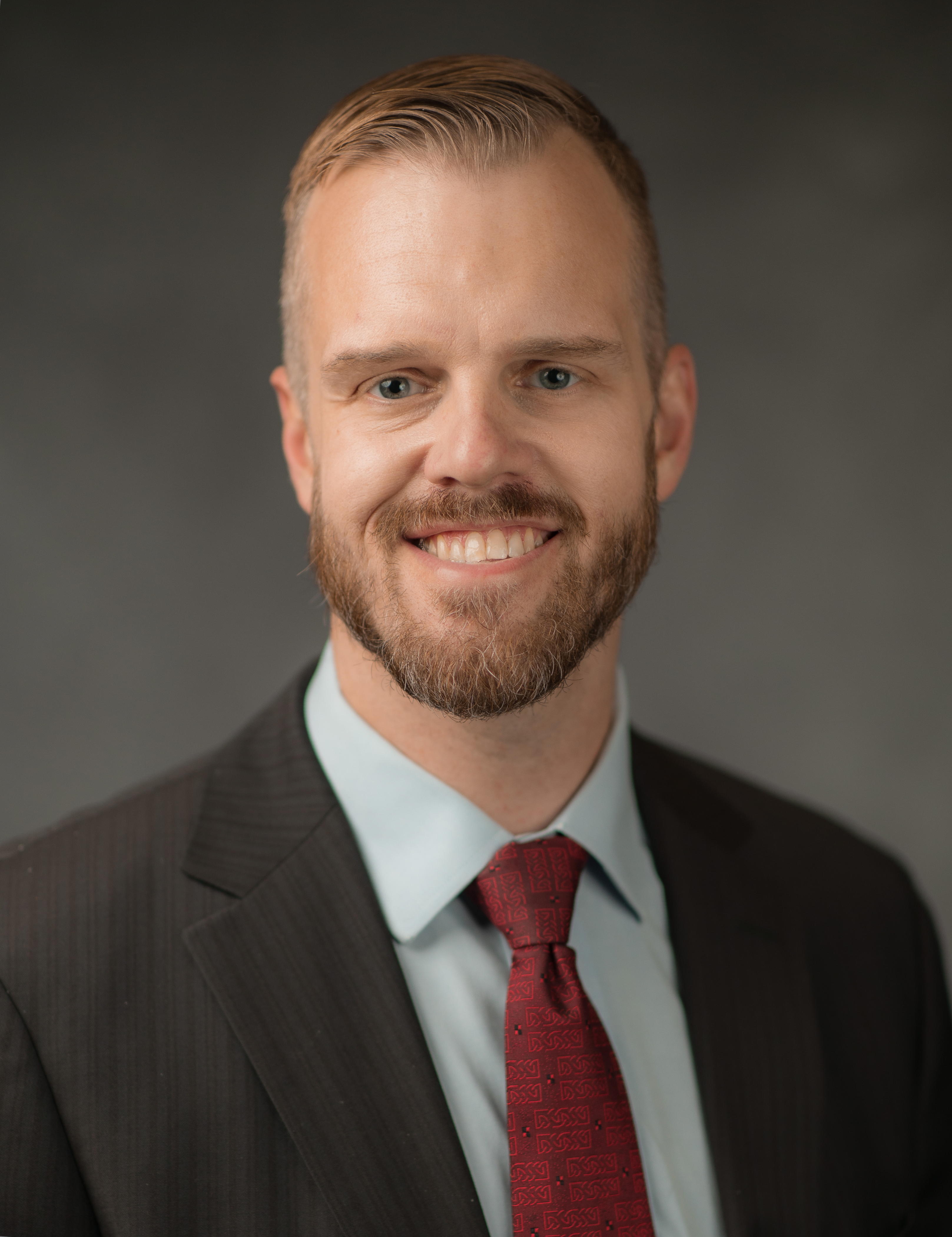
Bio
Dr. Billington's research looks at variable phenotypes of genetic conditions. In the past he has done research on Williams Syndrome and on animal models of brain and facial malformations and now is interested in working to develop work around the variability of brain and vascular differences in other genomic syndromes. Clinically he is also interested care for patients with inborn errors of metabolism, particularly urea cycle disorders and maple syrup urine disease. He is excited to return to Minnesota to join a growing pediatrics genetics group.
Education
Fellowships, Residencies, and Visiting Engagements
Licensures and Certifications
Honors and Recognition
Contact
Address
Pediatric Genetics & MetabolsimRiverside Professional Building
606 24th Ave. S, Suite 500
Minneapolis, MN 55454
Administrative Contact
Denise Fogel
Administrative Phone: 612-624-5965
Administrative Email: fogel033@umn.edu
Administrative Fax Number: 612-626-2993


Bio
Bryce A. Binstadt, MD, PhD, is an Professor of Pediatrics in the Division of Pediatric Rheumatology, Allergy, and Immunology and a Distinguished University Teaching Professor. Dr. Binstadt cares for children with arthritis, systemic lupus erythematosus, dermatomyositis, and related rheumatologic disorders. He heads a laboratory in the University of Minnesota's Center for Immunology focused on understanding the pathogenesis of autoimmune diseases with particular emphasis on immune-mediated cardiovascular disease. He is the Director of the Pediatric Rheumatology Fellowship Training Program, an Associate Director of the Medical Scientist Training Program (MD/PhD), and Director of the Pediatric Physician Scientist Training Program.
Dr. Binstadt received his MD degree from Mayo Medical School and his PhD in Immunology from Mayo Graduate School in Rochester, MN. He then completed his residency in the Boston Combined Residency Program in Pediatrics at Boston Children's Hospital and Boston Medical Center, followed by fellowship training in Pediatric Rheumatology at Boston Children's Hospital. He served as an attending physician in the Rheumatology Program at Boston Children's Hospital/Harvard Medical School as well as a research fellow in the Section on Immunology and Immunogenetics at the Joslin Diabetes Center for two years before joining the faculty at the University of Minnesota in 2007. Dr. Binstadt is board-certified in Pediatrics and Pediatric Rheumatology.
Research Summary
Autoimmunity, Innate Immunity
The Binstadt Laboratory is broadly interested in autoimmune and rheumatic disease pathogenesis.
The main area of investigation focuses on how systemic autoimmune diseases lead to cardiovascular inflammation and damage. We use the K/BxN T cell receptor (TCR) transgenic mouse model. K/BxN mice spontaneously develop both inflammatory arthritis and autoimmune valvular carditis, similar to patients with rheumatic heart disease or systemic lupus erythematosus. Current projects seek to understand how macrophages, fibroblasts, and endothelial cells promote progression of cardiac valve inflammation and fibrosis.
A second project focuses on developing and testing novel inhibitors of the arthritis-promoting cytokine TNF.
A new collaborative project explores cardiovascular inflammation that occurs in lysosomal storage diseases, particularly mucopolysaccharidosis type I (MPS-I).
Current Funding Sources:
- National Institutes of Health (NIH)
- American College of Rheumatology/Rheumatology Research Foundation
Clinical Summary
Juvenile dermatomyositis; Juvenile rheumatoid arthritis; Pediatric autoimmune diseases; Systemic lupus erythematosus
Education
Fellowships, Residencies, and Visiting Engagements
Licensures and Certifications
Honors and Recognition
Contact
Address
Pediatric Rheumatology, Allergy, & ImmunologyAcademic Office Building
2450 Riverside Ave S AO-10
Minneapolis, MN 55454
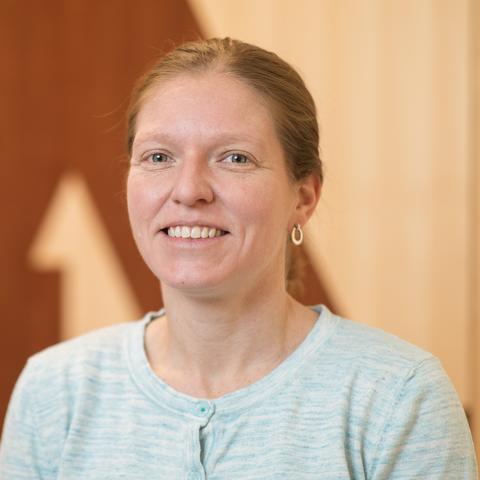

Bio
Ashley Bjorklund, MD, is a Pediatric Intensivist with Hennepin Healthcare at Hennepin County Medical Center. She is also an Affiliate Assistant Professor and the Fellowship Program Director with the Pediatric Critical Care Division at the University of Minnesota.
Dr. Bjorklund received her MD degree from Rush University in Chicago, completed residency in Internal Medicine and Pediatrics and fellowship in Pediatric Critical Care at University of Minnesota.
She is board certified in Pediatrics, Internal Medicine, and Pediatric Critical Care. She served in the Navy as a Pediatrician at Camp Lejeune in North Carolina from 2011-2013 and as the Medical Director of the Pediatric Intensive Care Unit at Walter Reed National Military Medical Center from 2016-2019.
Education
Fellowships, Residencies, and Visiting Engagements
Licensures and Certifications
Honors and Recognition
Contact
Address
Pediatric Critical Care MedicineAcademic Office Building
2450 Riverside Ave S AO-301
Minneapolis, MN 55454
Administrative Contact
Martha Driscoll
Administrative Phone: 612-873-2064
Administrative Fax Number: 612-904-4284


Bio
Dr. Blazar is a Regents Professor of Pediatrics in the Division of Blood and Marrow Transplant & Cellular Therapy and attends on the Pediatric Blood and Marrow Transplantation (BMT) service. Dr. Blazar is the recipient of the Children’s Cancer Research Fund Land Grant Chair in Pediatric Oncology to recognize his pioneering work in the development of novel immune-based therapies. He is the Founding Director of the Clinical and Translational Sciences Institute and the Founding Director of the Center for Translational Medicine.
Dr. Blazar received his MD from Albany Medical College. He completed a residency in Pediatrics and a fellowship in hematology/oncology and bone marrow transplantation at the University of Minnesota. Dr. Blazar joined the University of Minnesota faculty in 1985. He is board certified in Pediatrics and Hematology/Oncology.
Dr. Blazar is the recipient of National Institutes of Health (NIH) MERIT Awards from the National Heart, Lung, and Blood Institute as well as the National Institute of Allergy and Infectious Diseases. He is the Principal Investigator of the UMN Clinical and Translational Sciences Award (U54), NIH funded R01 grants, P01 Projects, a U19 grant subcontract and Leukemia and Lymphoma Translational Research grants focusing on BMT immunological studies. Dr. Blazar is the author of more than 725 manuscripts, which have appeared in premier peer-reviewed publications.
Research Summary
1. Graft-versus-host disease (GVHD) . GVHD is a multi-organ system disorder in which donor T cells recognize host alloantigens present on antigen-presenting cells and tissues in the context of an inflammatory response. Studies are directed toward identifying and modifying signals that drive or inhibit acute and chronic GVHD generation. These include the analysis of positive costimulatory molecules and negative regulators of the immune response that counterbalance positive costimulation as well as intracellular signaling and metabolic pathways that regulate these responses at the level of the GVHD target organ. We are examining cell-based therapies such as regulatory T cells (see below) in mice and in patients and myeloid-derived suppressor cells (see below). We have also used a newly developed model of chronic GVHD that results from T:B cooperativity, leading to alloantibody and subsequently, collagen deposition, culminating in multi-organ system injury and pulmonary and liver fibrosis. We have tested drugs and cell populations that affect this interaction, many of which have been brought into the clinic, one of which has received FDA approval. For approaches that reduce acute or chronic GVHD in mice, we are assessing their immune competency to malignant cells (to assess graft-versus-leukemia, GVL) and to pathogens.
2. Regulatory cells. A) regulatory T cells (Treg) . Using phosphoproteomics, metabolomics, micro-RNA/mRNA binding partners and flow cytometry, we have identified pathways that can be targeted to upregulate Treg potency in mice and humans. Proof-of-principle has been demonstrated in allogeneic and xenogeneic mouse models . Other studies are focused on genome engineering approaches that should optimize GVHD and autoimmune disease treatment. Knockout, transgenic and conditional inducible strains of mice are utilized along with 2-photon microscopy to identify mechanisms of in vivo suppression. B) Myeloid-derived suppressor cells (MDSC). We have developed techniques to differentiation and active MDSCs from normal hematopoietic sources in mice and humans. Our studies have shown in murine allogeneic GVHD systems that inflammasome activation converts MDSCs into immune stimulatory cells. Knockout of inflammasome components or inflammasome inducers have ameliorated this loss of function. Ongoing studies are examining the production of human MDSCs from inducible pluriopotent stem cells, with or without genome engineering approaches, for mechanistic purposes and potential future clinical trials.
3. T cell generation from induced pluripotent stem cells (IPSCs). In order to understand the optimal requirements for T cell anti-cancer or anti-pathogen responses, we have focused on reprogramming various human cell populations into thymic progenitor cells and mature T cells. Transcriptomics and epigenetics are investigated. Genome modification of IPSCs readily induces chimeric antigen receptor (CAR) expression that directs T cells to lymphoma cells. Using a model that incorporates a CAR used in the clinic for treating B cell malignancies and a transgenic strain that expresses human B cell antigens, cytokine release syndrome and neurotoxicity have been shown. Studies are being examined to explore different approaches to mitigate these side-effects.
Clinical Summary
Pediatric hematology/oncology
Bone marrow transplant
Graft-versus-host disease
Graft-versus-leukemia
Tumor immunotherapy
Education
Fellowships, Residencies, and Visiting Engagements
Licensures and Certifications
Honors and Recognition
Contact
Address
Pediatric Blood and Marrow Transplantation & Cellular TherapyMayo Mail Code 366
420 Delaware Street SE
Minneapolis, MN 55455
Administrative Contact
Colette Brosko
Administrative Phone: 612-624-7920
Administrative Email: cbrosko@umn.edu
Administrative Fax Number: 612-624-3913
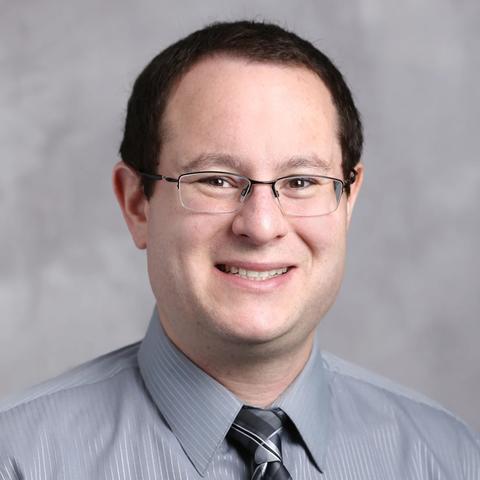
Bio
Dr. Eric Bomberg is an Assistant Professor of Pediatrics and Core Faculty Member for the Center for Pediatric Obesity Medicine at the University of Minnesota Medical School. He earned his Bachelors of Arts degree from the University of California at Berkeley and his Medical Degree from the University of Southern California. He then completed a residency in Medicine/Pediatrics at the University of Minnesota, followed by fellowships in both Adult Endocrinology and Pediatric Endocrinology at the University of California San Francisco (UCSF). In addition, he completed a Masters in Clinical Research at UCSF.
Dr. Bomberg is board certified by the American Board of Pediatrics and the American Board of Internal Medicine, and has sub-specialty certification in Endocrinology, Diabetes, and Metabolism from the American Board of Internal Medicine. His initial interest in pediatric obesity was motivated by his personal struggle with this disease and subsequent 90-pound weight loss during adolescence. His early research focused on the actions of neuropeptides and their effects on feeding and metabolism, while his later research has focused on the use of anti-obesity pharmacotherapy in children and adolescents with pediatric obesity. In addition, he has become interested in precision medicine approaches for the treatment of pediatric obesity, with a specific focus on discovering person-specific characteristics predicting response to anti-obesity interventions.
Research Summary
Pharmacogenomics of Obesity Therapy
Clinical Summary
Pediatric and Adult Obesity
Education
Fellowships, Residencies, and Visiting Engagements
Licensures and Certifications
Honors and Recognition
Contact
Address
Pediatric EndocrinologyAcademic Office Building
2450 Riverside Ave S AO-201
Minneapolis, MN 55454

Bio
Emily Borman-Shoap joined the Department of Pediatrics in August, 2007, and is the Program Director for the Pediatric Residency Program and Vice Chair for Education. She also works as a general pediatrician at the Fairview Children's Clinic and at the University of Minnesota Masonic Children's Hospital.
Dr. Borman-Shoap graduated from Washington University School of Medicine in St. Louis. She then completed her pediatric residency at the University of Minnesota. She received the Susan B. Vincent resident teaching award at the completion of her residency in 2006. She served as a chief resident at the University of Minnesota from 2006-2007.
Her area of focus is medical education with a special emphasis on competency-based medical education, innovation in curricular design, and mentorship.
Education
Fellowships, Residencies, and Visiting Engagements
Licensures and Certifications
Honors and Recognition
Contact
Address
Pediatric Education Office1st Floor East Building
8950A (Campus Delivery Code)
2450 Riverside Ave
Minneapolis, MN 55454
Administrative Contact
Laurel Jefferson
Administrative Phone: 612-625-9178
Administrative Email: mchen022@umn.edu


Bio
Dr. Borowsky is Professor of Pediatrics, Director of the Division of General Pediatrics and Adolescent Health (DOGPAH), and Gisela and E. Paul Konopka Chair in Adolescent Health and Development at the University of Minnesota. As a general pediatrician, she enjoys caring for patients and their families and teaching future health care professionals at the Community University Health Care Center (CUHCC), a Federally Qualified Health Center serving the diverse community of South Minneapolis. She is passionate about CUHCC's mission of transforming care and education to advance health equity and DOGPAH's commitment to achieving health, justice, and positive development for all children, youth, and families through community-centered health care, research, education, and advocacy. Her research focuses on youth violence prevention, structural and contextual factors underlying health and health behaviors, and advancing health equity. Mentoring medical, graduate, undergraduate, and high school students, as well as residents, fellows, and junior faculty in multiple disciplines continues to be a career highlight.
Research Summary
Social determinants of youth health and equity; Development of effective strategies to promote psychosocial health among children, youth, and families; Prevention of youth interpersonal and self-directed violence
Youth Violence Prevention Expert Alert
Talking youth violence prevention awareness with U of M
Clinical Summary
Pediatric primary health care; Relationship-centered care; Strength-based and upstream actions to promote health and justice
Education
Fellowships, Residencies, and Visiting Engagements
Licensures and Certifications
Honors and Recognition
Contact
Address
General Pediatrics & Adolescent Health717 Delaware St SE, 3rd floor
Minneapolis, MN 55414

Bio
Dr. Darko Bosnakovski is an Assistant Professor in the Department of Pediatrics, Division of Blood and Marrow Transplantation & Cellular Therapy. His long-running research interest is in tissue regeneration and understanding the molecular mechanism of FSHD and sarcomas.
Dr. Bosnakovski received his DVM from Ss. Cyril and Methodius University in Skopje, N. Macedonia, and his PhD from Hokkaido University, Japan. He completed his postdoctoral training at UT Southwestern Medical Center, USA.
Education
Fellowships, Residencies, and Visiting Engagements
Honors and Recognition
Contact
Address
Office AddressLillehei Heart Institute CCRB 4-134
2231 6th St SE
Minneapolis, MN 55455
Lab Address
CCRB 4-240 BENCH 76
Administrative Contact
Sarah Jutila Peterson
Administrative Phone: 612-626-2920
Administrative Email: juti0009@umn.edu
Administrative Fax Number: 612-626-4074

Bio
Dr. Boucher graduated from the University of Tennessee College of Medicine. He then completed his internal medicine/pediatrics residency at the University of Minnesota, followed by his pediatric hematology/oncology fellowship at the Cincinnati Children's Hospital Medical Center. He is a member of Alpha Omega Alpha, is board-certified in Internal Medicine, Pediatrics, and Pediatric Hematology/Oncology.
He joined the University of Minnesota faculty as Assistant Professor of pediatric hematology in the Department of Pediatrics in 2019. He holds a joint appointment in the Department of Medicine. His specific interests include inherited hemoglobinopathies, especially sickle cell disease (SCD) and thalassemia, and addressing diversity, equity, and inclusion (DEI) issues in clinical care. He sees pediatric patients with a wide range of hematologic disorders including red cell disorders, cytopenias, and marrow failure disorders.
In the Department of Medicine, he directs the SCD program with a focus on addressing care gaps for adolescents and young adults with SCD and other red cell disorders. In doing so, his goal is to build a lifespan approach to red cell disorders, particularly SCD, and strengthen our clinical care approach and research expansion.
Dr. Boucher's research includes improving patient-centered outcomes and community awareness for individuals with hemoglobinopathies like SCD and thalassemias. He also conducts research focused on addressing health inequities in clinical care, hematologic and otherwise. He is engaged in medical education for non-malignant hematology and in curriculum development around social determinants of health.
Research Summary
Bleed and Clotting Disorders Anemia Platelet disorders Sickle Cell Disorder Thalassemia
Clinical Summary
Bleed and Clotting Disorders; Anemia; Platelet disorders; Sickle Cell Disorder; Thalassemia
Education
Fellowships, Residencies, and Visiting Engagements
Licensures and Certifications
Honors and Recognition
Contact
Address
Pediatric Hematology-OncologyMayo Mail Code 484
420 Delaware Street SE
Minneapolis, MN 55455
Administrative Contact
Abby Wenninger, MPH
Administrative Associate, Division of Pediatric Hematology/Oncology
University of Minnesota Medical School - Twin Cities
Email: wenni021@umn.edu | Office: Mayo A547
Administrative Fax Number: 612-624-3913
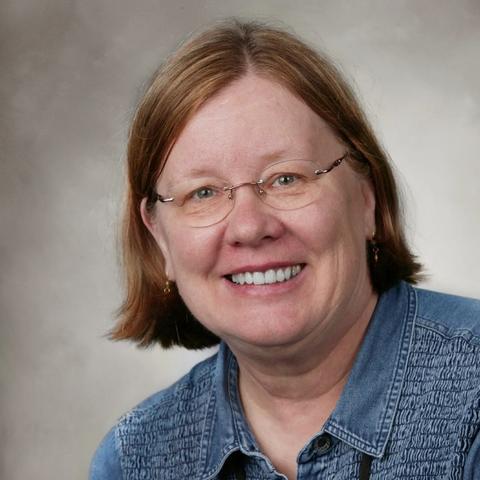
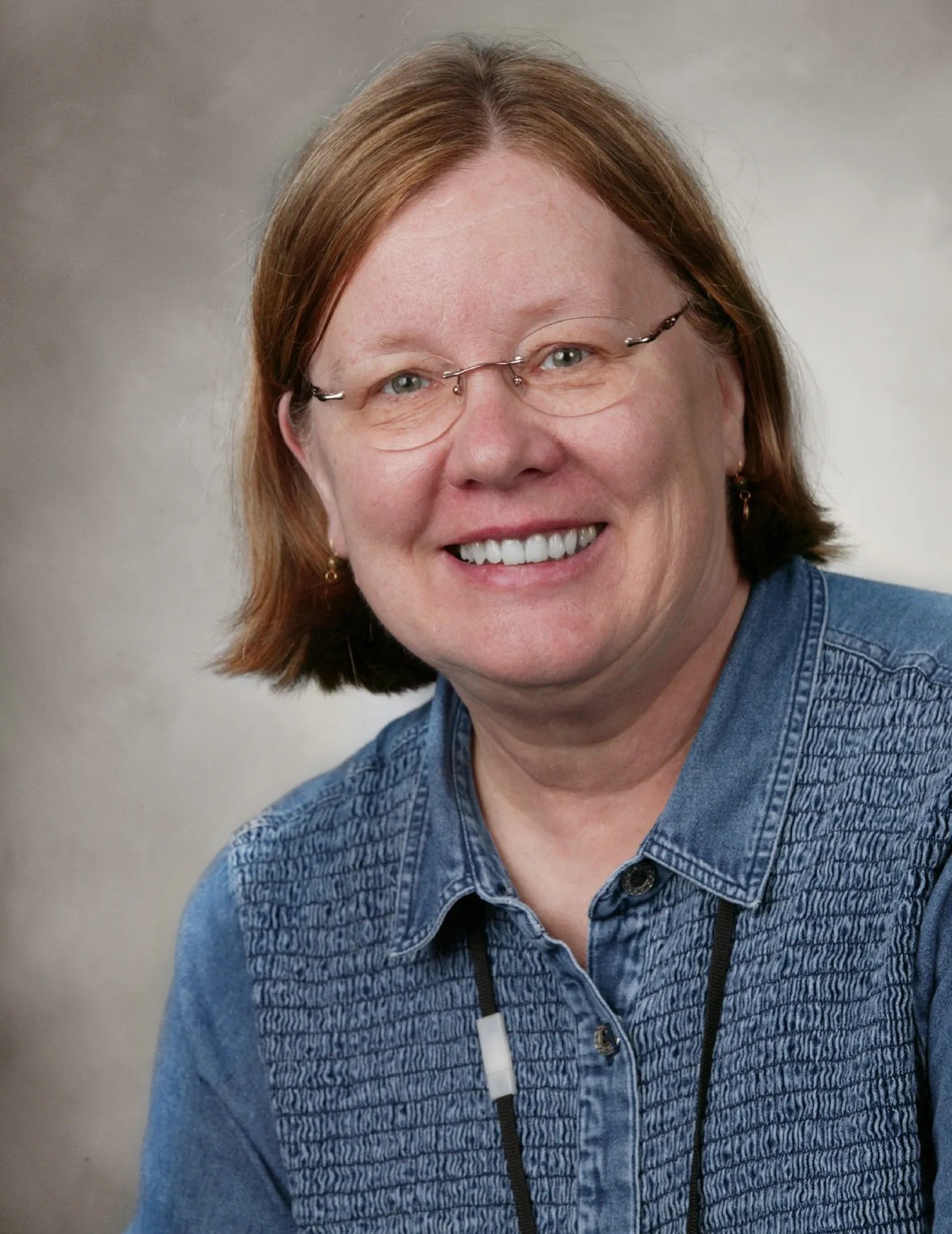
Bio
Dr. Braunlin is a Professor of Pediatrics in the Division of Pediatric Cardiology and Director of the Pediatric Cardiology Fellowship Program. She received her MD from the University of Minnesota. Dr. Braunlin completed her residency in Pediatrics at The Children's Hospital Medical Center in Boston and a fellowship in Pediatric Cardiology at the University of Minnesota. Dr. Braunlin completed her PhD in Physiology at the University of Minnesota. She joined the faculty at the University of Minnesota in 1983. She is board certified in Pediatrics and Pediatric Cardiology.
Dr. Braunlin's clinical interests are prevention and treatment of post transplant lymphoproliferative disease (PTLD) after cardiac transplantation; the long term cardiac follow-up of individuals with mucopolysaccharidoses after marrow transplantation or enzyme replacement therapy; and prevention and management of cardiac failure in individuals with various forms of muscular dystrophy.
Her basic research interest involves investigation by cardiac ultrasound and histopathology of murine models of mucopolysaccharidoses both before and after novel therapies aimed at correction.
Clinical Summary
Cardiac transplantation; Heart failure; Long-term care for mucopolysaccharidoses after marrow transplantation or enzyme therapy; Long-term care for mucopolysaccharidoses after marrow transplantation or enzyme therapy; Pediatric cardiology; Prevention and management of cardiac failure in patients with muscular dystrophy; Prevention and treatment of post transplant lymphoproliferative disease (PTLD); Prevention and treatment of post-transplant lymphoproliferative disease
Education
Fellowships, Residencies, and Visiting Engagements
Licensures and Certifications
Honors and Recognition
Contact
Address
Pediatric CardiologyAcademic Office Building
2450 Riverside Ave S AO-401
Minneapolis, MN 55454
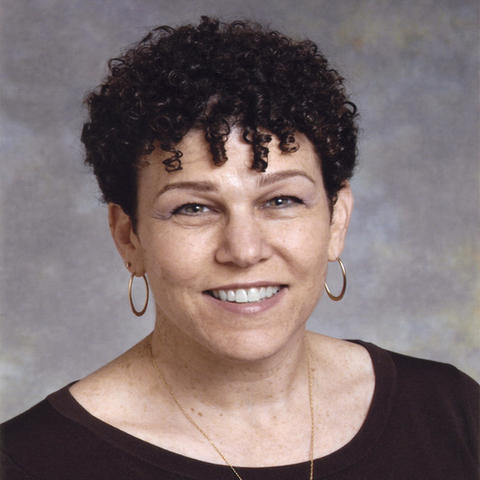
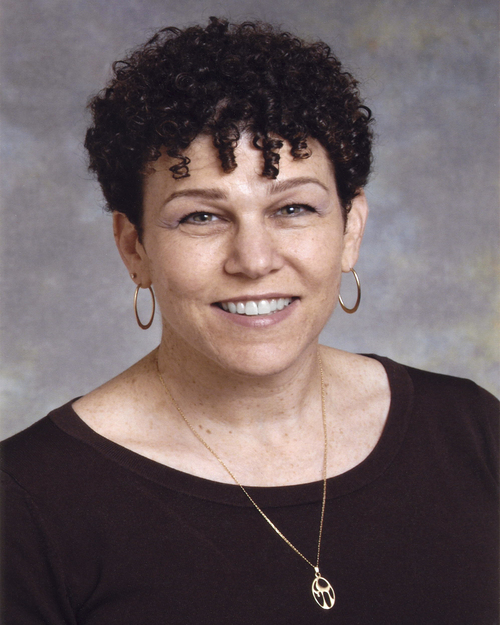
Education
Fellowships, Residencies, and Visiting Engagements
Licensures and Certifications
Contact
Address
Pediatric Pulmonary and Sleep MedicineRPB550 - 8961B
2450 Riverside Ave S.
Minneapolis, MN 55454
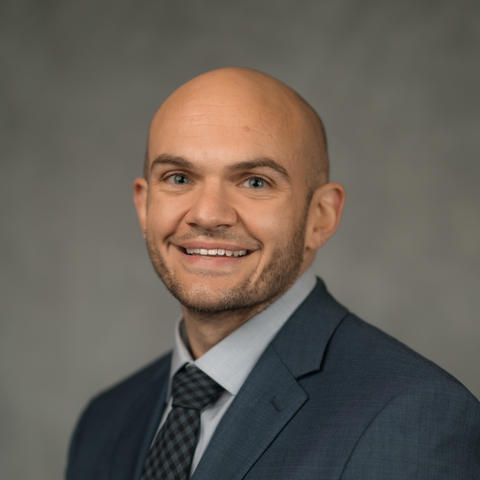
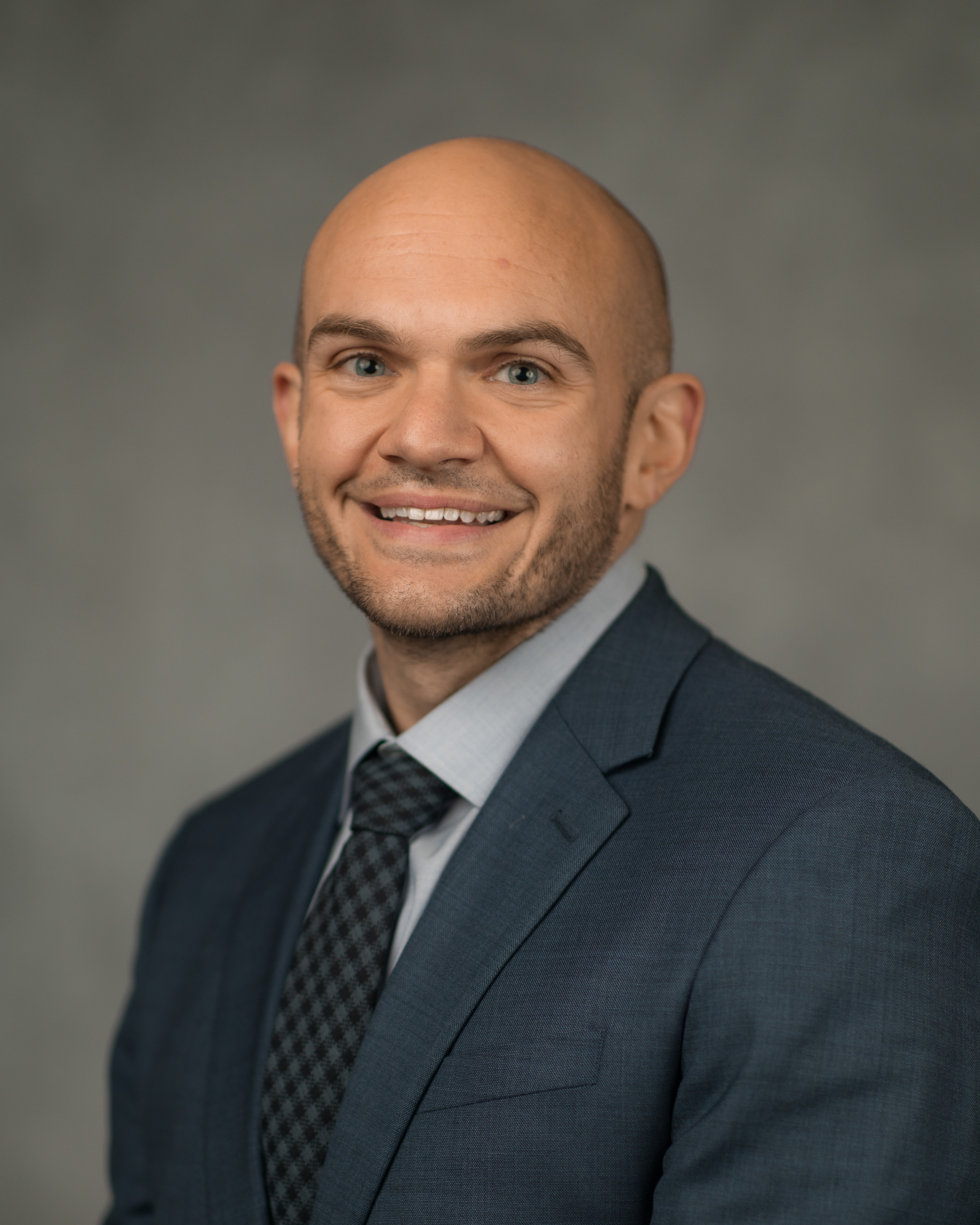
Bio
Dr. Brown completed training in General Pediatrics and Pediatric Critical Care at the University of Minnesota where he became interested in congenital heart disease and extracorporeal support. In order to provide the best possible care for his patients, he pursued additional training in Cardiac Intensive Care at Texas Children's Hospital.
Upon returning to Minnesota, he is hoping to instill the principles of a high reliability organization into the Pediatric Cardiovascular Intensive Care Unit and the Heart Center to improve patient outcomes; gain further expertise in management of hemostasis for patients requiring extracorporeal support by working with Marie Steiner who has appointments in pediatric critical care and hematology; and contribute to the education of residents and fellows by developing a curriculum applying fundamental cardiorespiratory physiology to the unique pathology of patients with complex congenital heart disease.
Education
Fellowships, Residencies, and Visiting Engagements
Licensures and Certifications
Contact
Address
Pediatric Critical Care MedicineAcademic Office Building
2450 Riverside Ave S AO-301
Minneapolis, MN 55454
Administrative Contact
Joanna Perrier
Administrative Phone: 612-625-6678
Administrative Email: jperrier@umn.edu
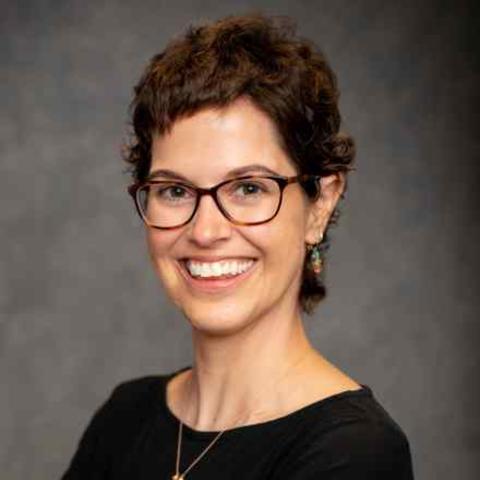
Bio
Calla Brown is an internist and pediatrician with clinical and research interests that include primary care, care of complex chronic medical conditions in children and adults, community health, and health justice. In her current position she practices med/peds primary care at the Community University Health Care Center and is the medical director of YAP [Youth and AIDS Projects].
Research Summary
Dr. Brown is specifically interested in the intersection of health, human rights, and immigration/migration as well as community health and health justice.
Education
Fellowships, Residencies, and Visiting Engagements
Licensures and Certifications
Honors and Recognition
Contact
Address
General Pediatrics & Adolescent Health717 Delaware St SE, 3rd floor
Minneapolis, MN 55414

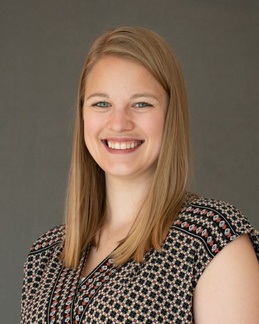
Education
Fellowships, Residencies, and Visiting Engagements
Honors and Recognition
Contact
Address
Pediatric NeonatologyAcademic Office Building
2450 Riverside Ave S AO-401
Minneapolis, MN 55454

Education
Fellowships, Residencies, and Visiting Engagements
Licensures and Certifications
Honors and Recognition
Contact
Address
Pediatric Rheumatology, Allergy, & ImmunologyAcademic Office Building
2450 Riverside Ave S AO-10
Minneapolis, MN 55454


Bio
Dr. Catherine (Casey) Burrows is an Assistant Professor and licensed psychologist in the Autism and Neurodevelopment Clinic at the University of Minnesota. She completed her doctoral (PhD) training at the University of Miami, and clinical pre-doctoral internship at Duke University Medical Center in the autism track. She received a postdoctoral fellowship from the University of Minnesota's Leadership Education in Neurodevelopmental and Related Disabilities (MNLEND) program.
Clinically, Dr. Burrows conducts comprehensive evaluations for autism spectrum disorders and related neurodevelopmental disorders. She also conducts individual and group therapy in the Autism and Neurodevelopment Clinic, and is a certified Parent-Child Interaction Therapy (PCIT) therapist.
Dr. Burrows's research focuses on identifying and treating co-occurring mental health problems in individuals with autism spectrum disorder. She oversees clinical training activities within several autism-focused grants at the Institute of Child Development at the University of Minnesota and maintains research collaborations with national and international colleagues. She is a member of several professional organizations, including the International Society for Autism Research (INSAR), Society for Research in Child Development (SRCD), and the American Association on Intellectual and Developmental Disabilities (AAIDD).
Education
Fellowships, Residencies, and Visiting Engagements
Licensures and Certifications
Honors and Recognition
Contact
Address
Clinical Behavioral Neuroscience2025 E. River Parkway
7962A
Minneapolis, MN 55414

Education
Fellowships, Residencies, and Visiting Engagements
Licensures and Certifications
Contact
Address
Pediatric Blood and Marrow Transplantation & Cellular TherapyMayo Mail Code 366
420 Delaware Street SE
Minneapolis, MN 55455


